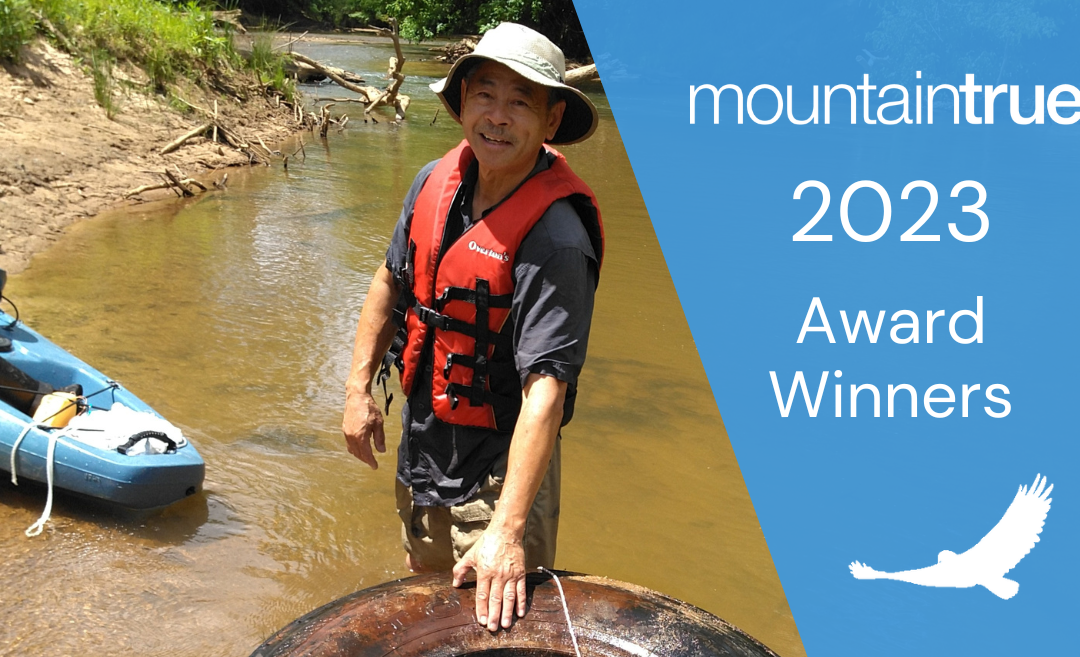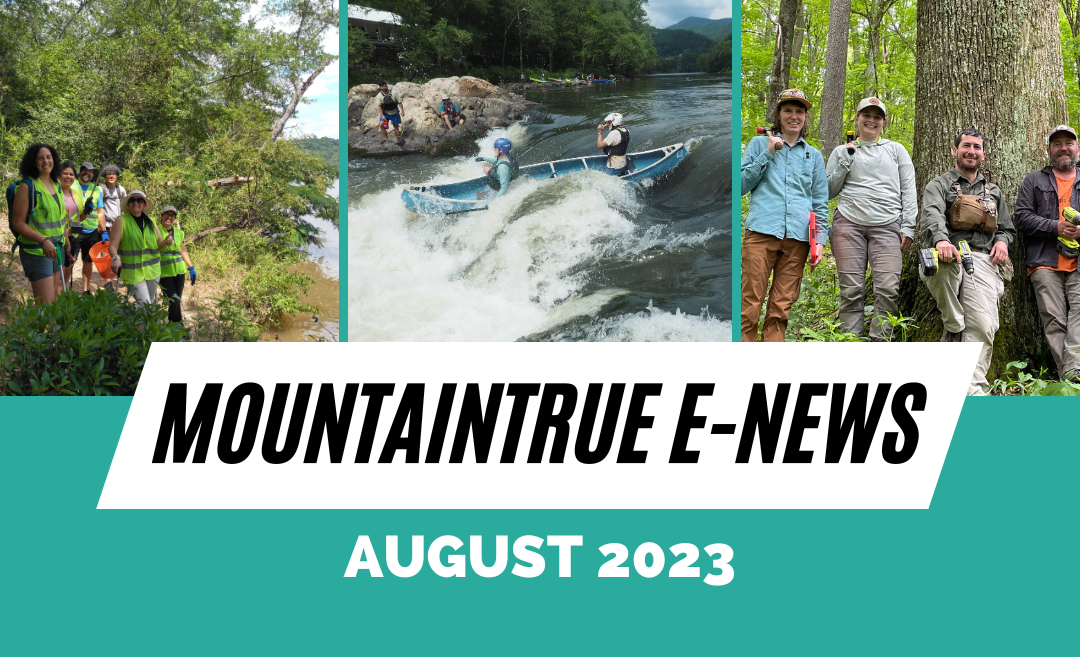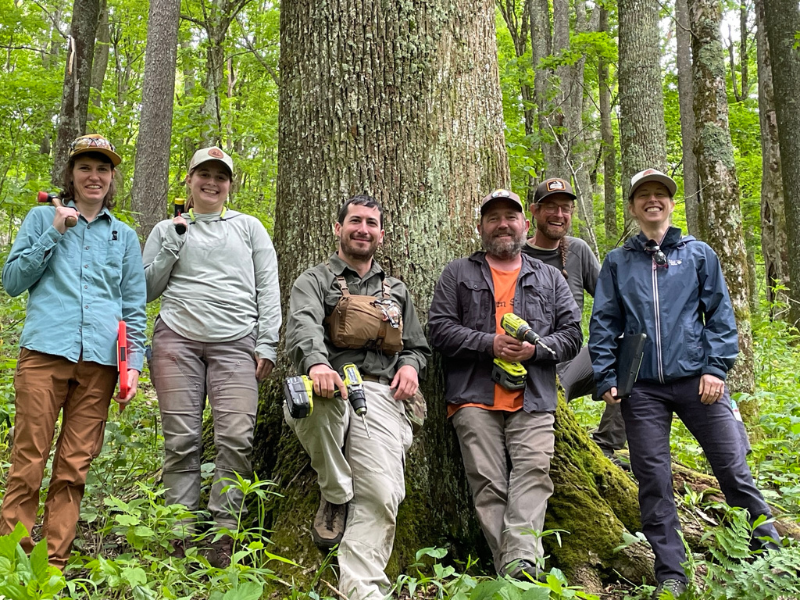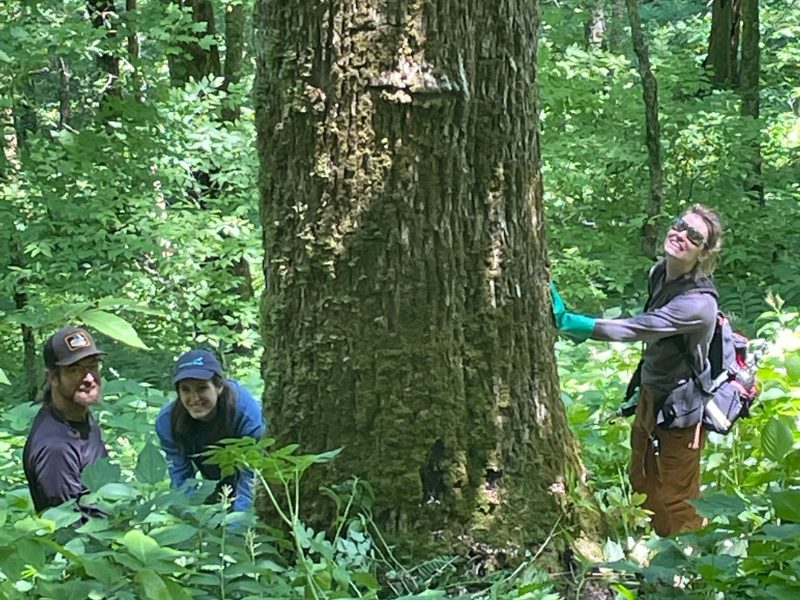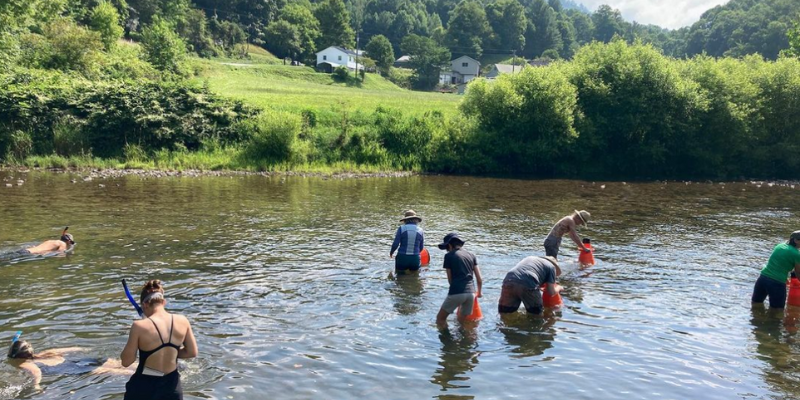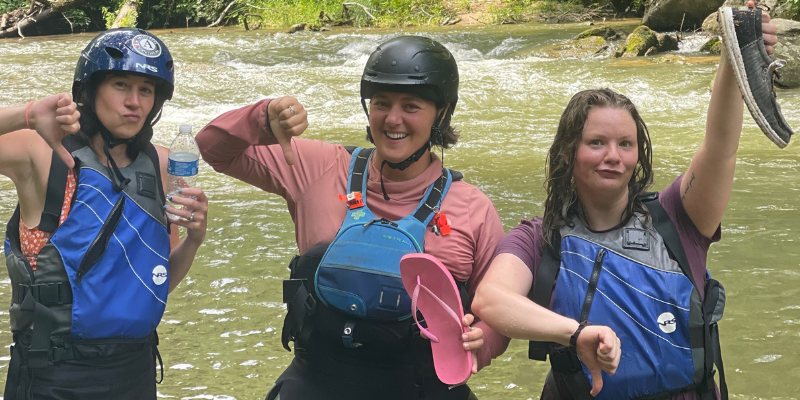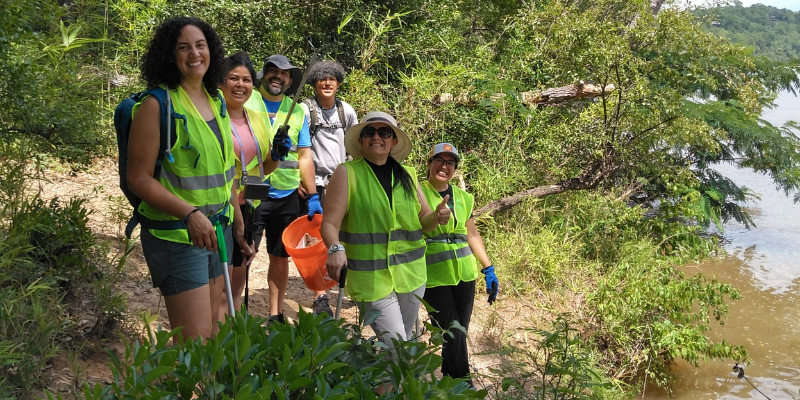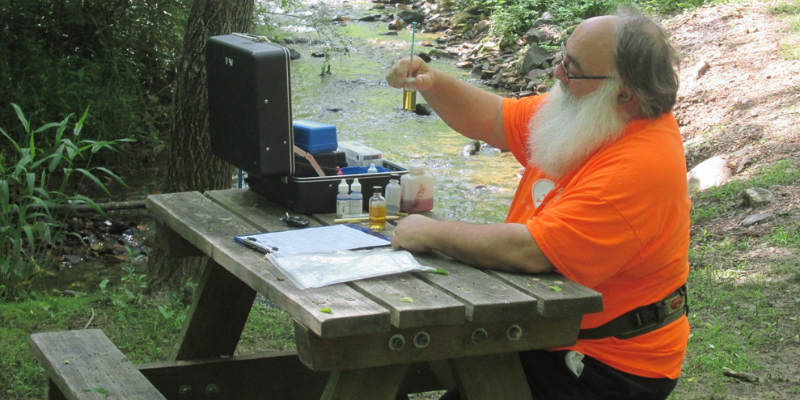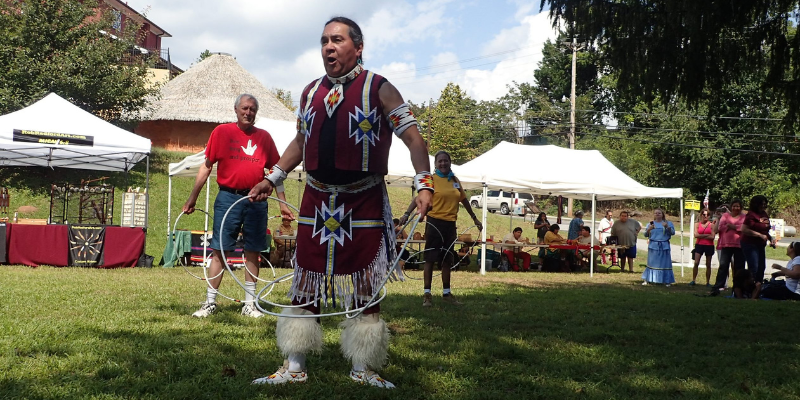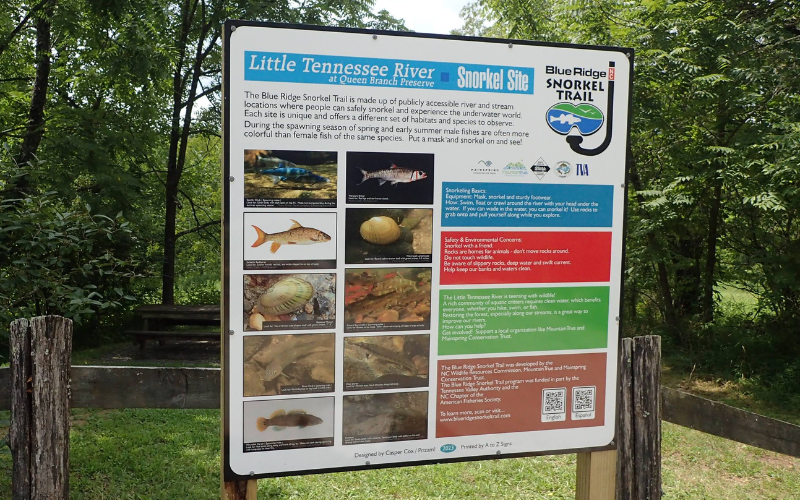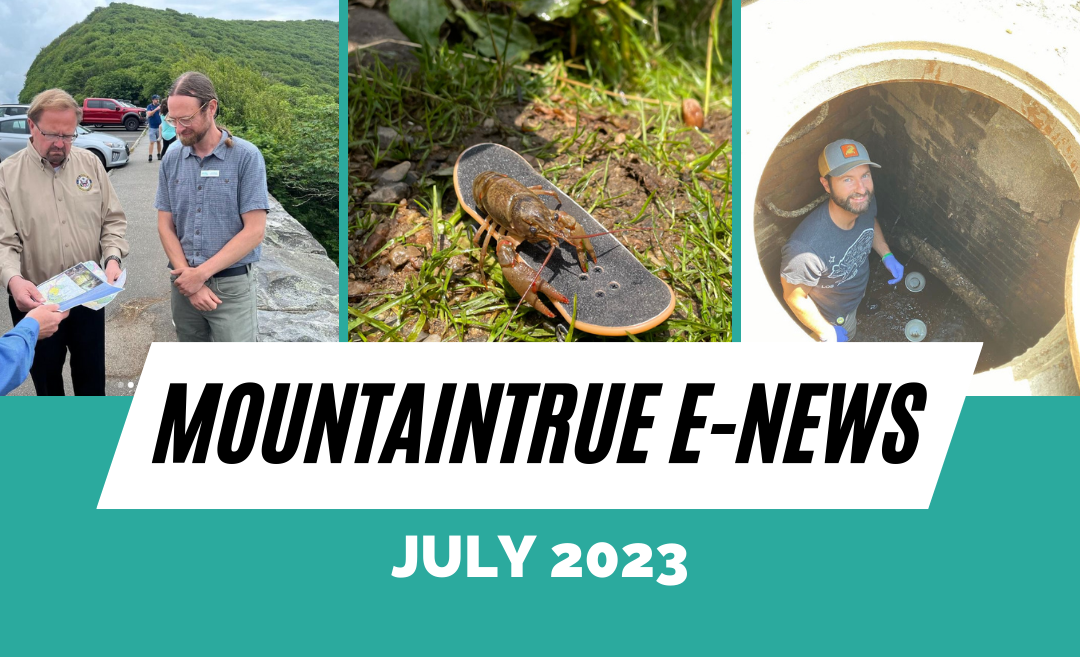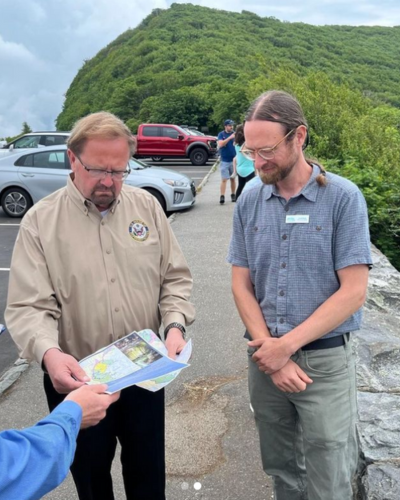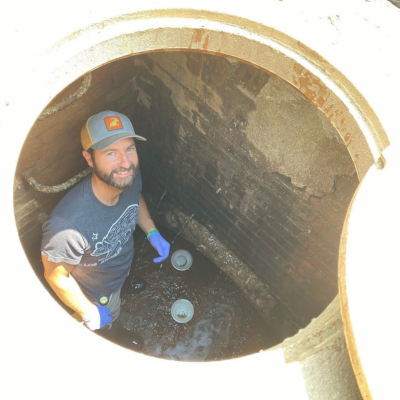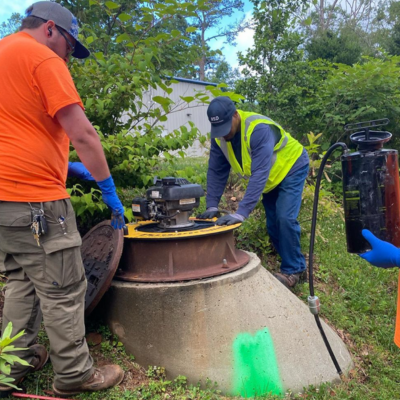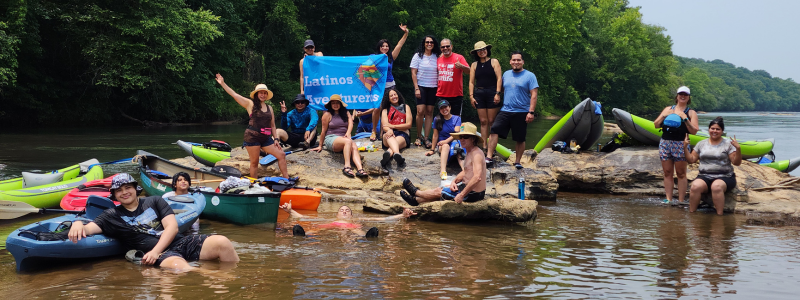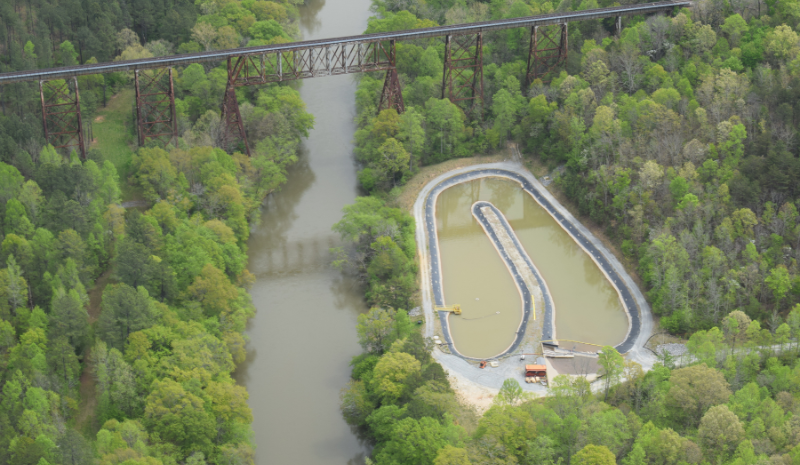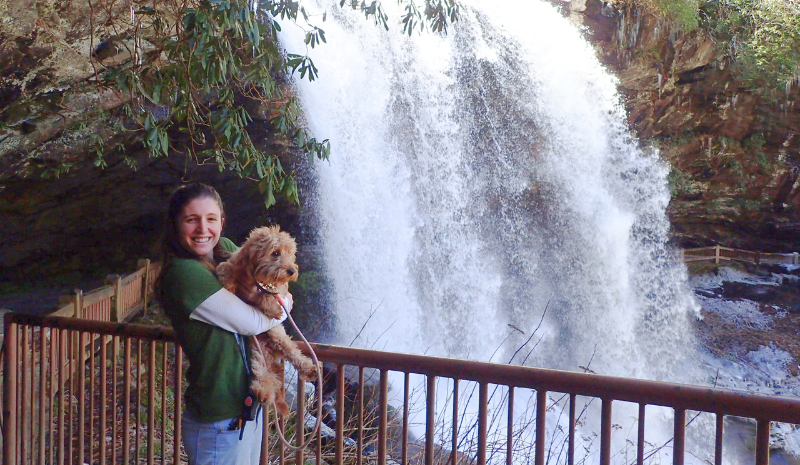
Hendersonville’s Gen H Community Survey is live. Here are our suggestions.
Hendersonville’s Gen H Community Survey is live. Here are our suggestions.
The following are our suggestions on the survey questions most relevant to the issues of conservation, environmental protection, and healthy communities. We hope you consider our recommendations when filling out your survey. If you have any questions or concerns, please reach out to MountainTrue’s Southern Regional Director, Nancy Díaz, for more information at nancy@mountaintrue.org.
Q1 – As you look into the future, what are the top three things you are most concerned about for Hendersonville? (Select 3)
Please consider including “Environmental Health” and “Housing” among your three selections. Prioritizing and investing in environmental protection is critical to making us more resilient to climate change challenges and maintaining Hendersonville residents’ health.
The lack of attainable housing is a significant challenge for Hendersonville, and how we address that challenge directly impacts our environmental health. According to the North Carolina Office of State Budget and Management, Henderson County’s population is expected to grow by 30.28% between 2020 and 2050. However, existing residents already struggle to find housing that meets their needs. So, as we build homes to accommodate growth, we need to ensure that growth is responsible and sustainable by minimizing the impacts of our built environment. A 2021 Housing Needs Assessment conducted by Bowen National Research for the Dogwood Health Trust found that Henderson County has an overall vacancy rate of 0.2% with zero subsidized units available. This keeps housing in Hendersonville and Henderson County out of reach and forces many working families to commute from further and further away — increasing commuting costs, vehicle miles traveled, and carbon emissions. We hope our community’s vision for the future can be one that provides attainable housing in areas that already have infrastructure and amenities so that we can minimize the footprint of our built environment and protect more of our farms and forests from sprawl.
Q4 – Based on data from the U.S. Census and state population projections, Henderson County has grown by 9% from 2000-2020. The County is projected to grow an additional 8% by 2030. Approximately 4,000 new housing units would need to be constructed by 2030 to accommodate new residents. Some percentage of this growth will occur within the City of Hendersonville. Where in Hendersonville do you think new development (homes, jobs, etc.) should occur?
Please consider choosing “Within the existing city limits with increased density.” Our cities and small towns should function as our communities’ economic, cultural, and residential centers. We should prioritize public and private development where we’ve already invested in infrastructure. At the same time, we should discourage any infrastructure expansion that induces sprawl into natural areas or the rural landscape.
Q5 – What are your top three priorities as Hendersonville plans for its future? (Select 3)
Please consider including “Preserving farmland and critical environmental areas” and “Providing a range of housing opportunities and choices at various price ranges” among your three selections. As mentioned above, Hendersonville and Henderson County are suffering a housing crisis that is making it difficult, if not impossible, for teachers, nurses, restaurant workers, civil servants, and other workers to commute to work and even stay in our communities. By allowing for a greater variety of housing choices and building more within our urban centers, we are more likely to meet our housing needs without infringing upon our forests and farmlands.
Q6 – To me, “quality development” means: (Select 3)
Please consider including “Good streetscapes” and “Walkable, safe environments” among your three selections. Making our communities safe, walkable, and bikeable is critical to reducing our dependence on cars and fossil fuels. It also encourages an active lifestyle, which can benefit physical and mental health.
Q7 – Do you feel that Hendersonville has enough housing units?
As mentioned in our discussion of Question 1, Henderson County had an overall vacancy rate of 0.2% and zero available subsidized units, according to the 2021 Housing Needs Assessment conducted by Bowen National Research. We don’t have the housing to accommodate our current needs, let alone the needs of a growing population.
Q8 – From your first home as an adult to the home where you spend your adult life and the home where you plan to grow old, a community can provide a variety of housing types for all the various life stages based on needs and cost of living. Looking to the future, what housing types (beyond single-family houses) does Hendersonville need to ensure residents can find housing to match their life stage? (Select all that apply.)
Please consider including “Missing Middle Housing” among your selections. “Missing middle housing” is a term used in urban planning and housing policy to describe a range of housing types that were built frequently in the early 20th century, that are scaled to fit in with existing neighborhoods, but that haven’t been built much in recent decades. Hence, the label “missing.” Common examples of these kinds of homes include duplexes, triplexes, and townhomes. By not adding these kinds of homes to the market in recent years, we have created a gap in housing options that can contribute to issues such as affordability and housing shortages. Missing middle housing is a potential solution to address these challenges and create more diverse and sustainable communities.
Q10 – What are your top three improvements for downtown?
Please consider including “Safe/improved pedestrian and bike connections in and to downtown from neighborhoods” and “New and/or improved public spaces/parks” among your three selections. Making Hendersonville more walkable and bikeable is better for our environment, pedestrian and cyclist safety, and public health.
Q14 – Rank what Hendersonville needs most: (Rank your priorities)
Please consider selecting “Housing” as your top priority. As discussed in the discussion to Question 1, Hendersonville is facing a dire housing shortage. While more jobs and amenities such as shopping and dining are desirable, we are in desperate need of housing for the workers that we would need to staff these positions.
Q16 – On a scale of 1-5, with 1 being least important and 5 being extremely important, how important is the natural environment to Hendersonville’s identity?
Please consider selecting “5 – Extremely Important.” Protecting our natural environment is critical to maintaining our Appalachian mountain identity, addressing climate change, and supporting good public health. Our natural environment provides essential ecosystem services such as clean air and water, pollination, and climate regulation. A comprehensive plan that prioritizes the natural environment can help the City become more resilient to climate change. Natural features like wetlands and green spaces can mitigate flooding, absorb excess rainwater, and provide shade and cooling in heat waves. Access to green spaces, parks, and natural areas enhances the City’s aesthetic appeal and provides recreational opportunities for residents. By integrating environmental considerations into urban planning, Hendersonville can create a more resilient, livable, and attractive community for current and future generations.
Q18. Thinking about how the plan could impact Hendersonville’s parks, greenspace and greenway facilities over the next 20-40 years, what is most important to you? (Rank your priorities)
There are no wrong answers here, but please consider selecting “Parks that protect environmental health and natural resources” and “Neighborhood parks that meet the daily and year-round needs of nearby residents” among your highest priorities. Public parks can provide many important environmental benefits, improving air and water quality, supporting biodiversity and local pollinators, and mitigating urban heat. Parks can be developed in a way to mitigate flooding, absorb excess rainwaters, and provide shade and cooling during heatwaves. Public parks also offer spaces for recreation, exercise, and relaxation, promoting physical and mental well-being. They serve as gathering points for community events and social interactions, fostering a sense of belonging and cohesion. Parks are essential for children’s development, providing safe play areas and opportunities to connect with nature. In short, public parks enrich the quality of life in communities by enhancing health, culture, environment, and social connections, making them a fundamental aspect of urban planning and community development.
Q21 – What are your priorities for making Hendersonville more walkable and bikeable? (Rank your priorities)
Again, there are no wrong answers here, but we hope you will consider including “Streets with sidewalks,” “Bikeways and bike lanes,” and “Greenway trails” among your top priorities. Making Hendersonville more walkable and bikeable benefits residents and the environment alike by making our City more vibrant, efficient, and livable. Walkable and bikeable cities reduce dependence on cars, leading to lower greenhouse gas emissions, improved air quality, and decreased traffic congestion. Fewer cars on the road can alleviate traffic congestion, making cities more efficient and reducing commuting time. Well-designed pedestrian and bike infrastructure enhances safety for vulnerable road users, reducing accidents and injuries. Pedestrian and bike-friendly cities are also more inclusive, offering transportation options for people who cannot drive, including older adults, children, and individuals with disabilities.
Q23 – How would you rank the following areas of sustainability from most important to least important? Are there any focus areas you think need to be added? (Rank your priorities)
There are no wrong answers here, and all the options are interrelated and critical to ensuring a sustainable future for Hendersonville. Let the City know where your priorities lie, and, most importantly, don’t forget to take the survey!
With your participation, we believe that Hendersonville could develop a well-considered comprehensive plan that could serve as a model for other communities throughout Western North Carolina.
Thank you for your time and consideration.

